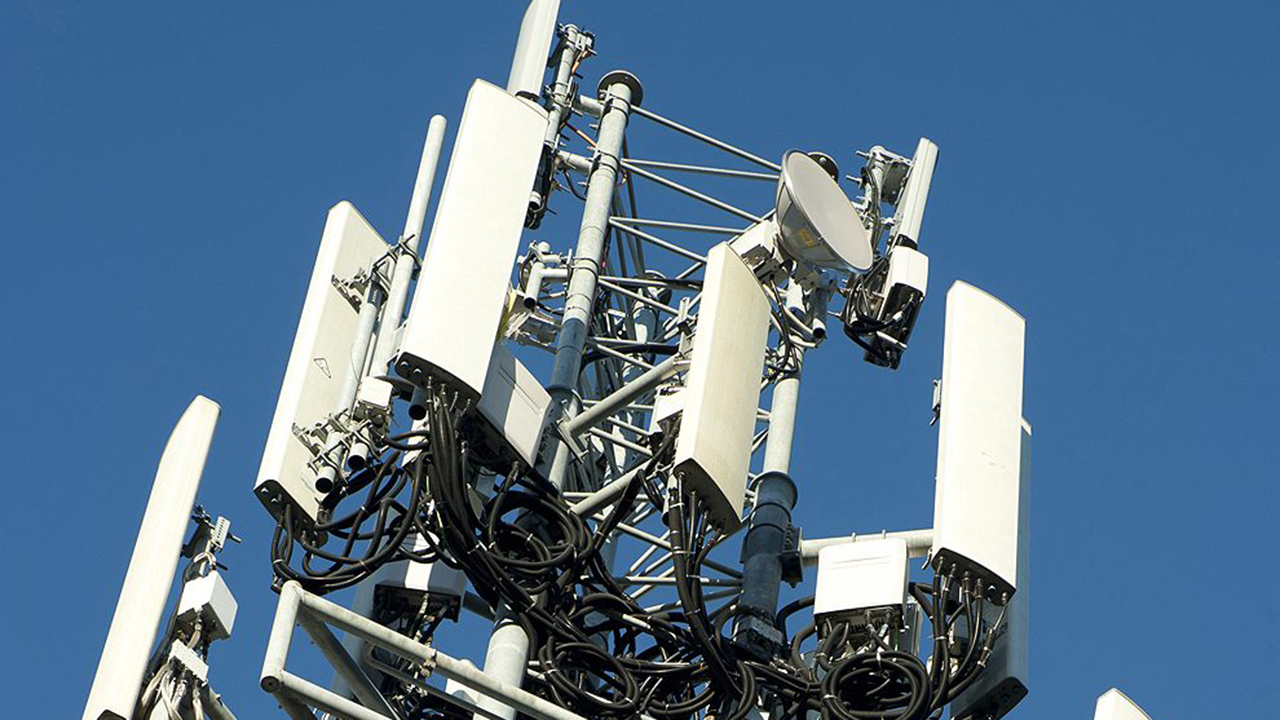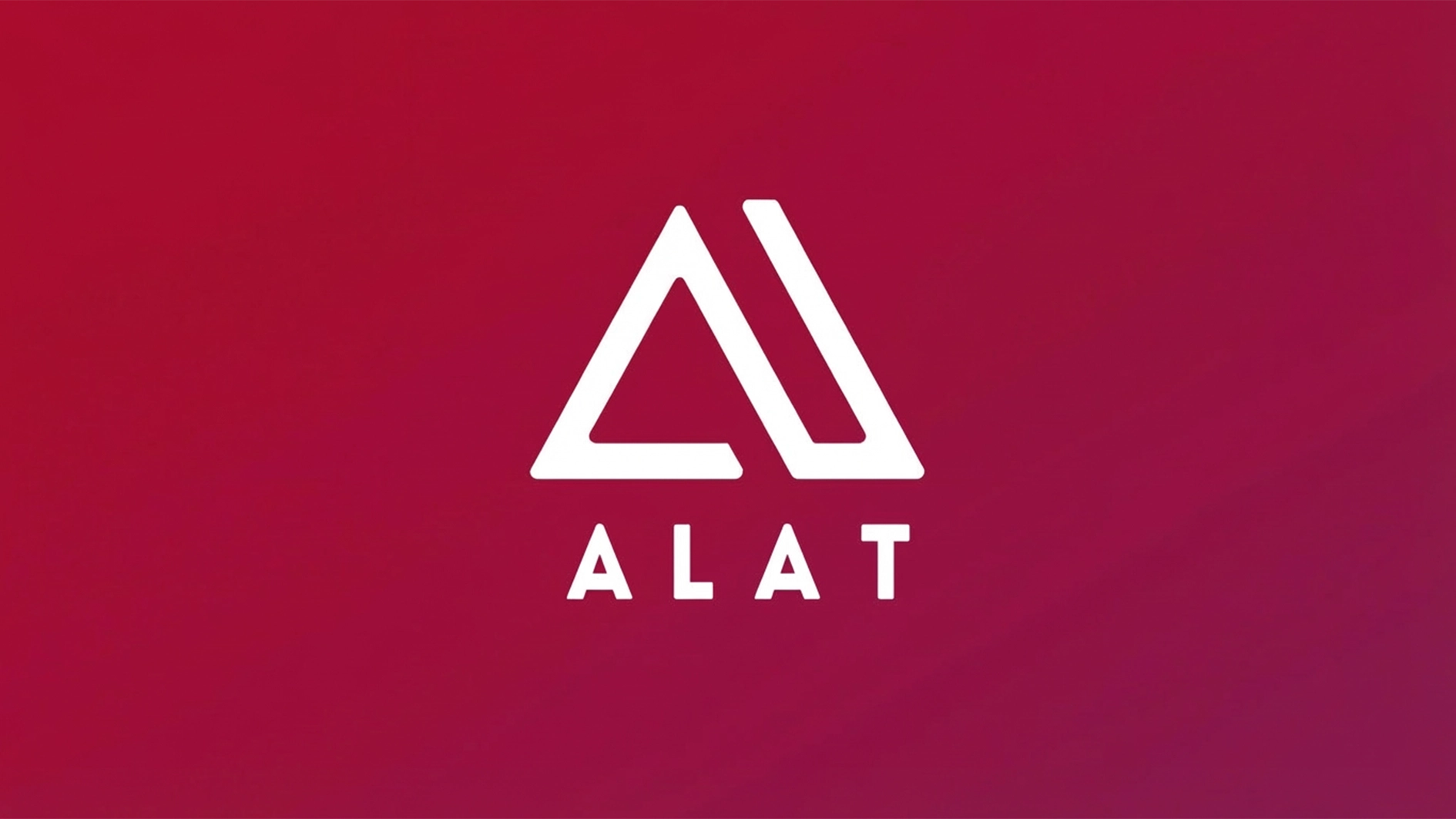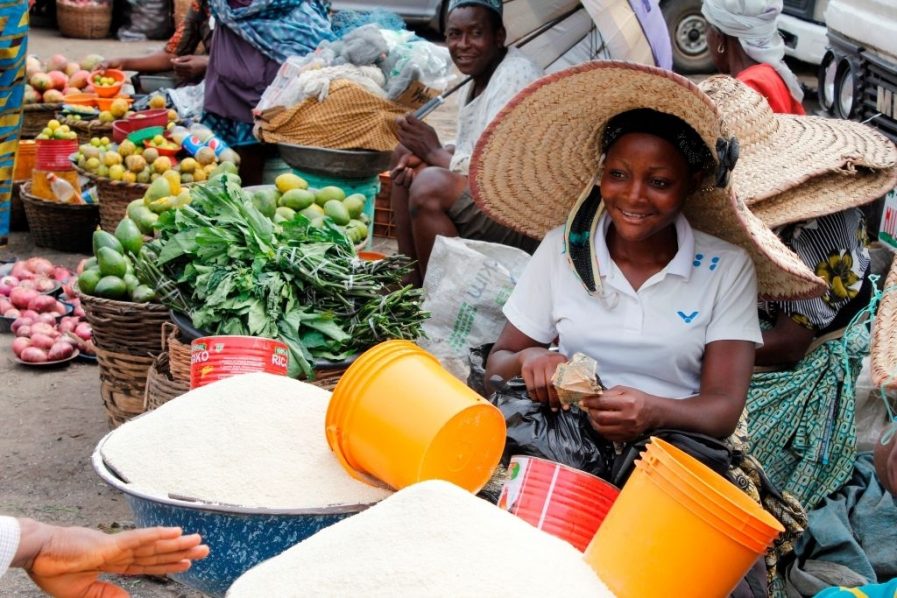 UN wants drop in broadband service cost in Nigeria, other developing countries
UN wants drop in broadband service cost in Nigeria, other developing countries
High Internet cost is forcing nearly half of the people with 4G network coverage to remain offline, especially in developing countries.
The United Nations’ arm in charge of global communications, the International Telecommunications Union (ITU), in collaboration with the Alliance for Affordable Internet (A4AI), which discovered this, informed that high costs of Internet access relative to income remain one of the main barriers to the use of information and communication technology (ICT) services worldwide.
Taking income differences into account, the organisations said mobile broadband subscription with at least 1.5 gigabytes (GB) of data costs is around four times more in developing countries than in developed ones.
Checks by The Guardian showed that data in Nigeria is cheaper than in most African countries. But that does not say much as data in Africa is more expensive than anywhere else in the world. The cost of 1GB in Nigeria is roughly $2.78, compared to $2.33 in Rwanda, $3.63 in Ghana and $5.99 in Gabon. Meanwhile, prices are $0.26/GB and $0.51/GB in India and Ukraine.
Also, while MTN claims that its 4G network now covers 60.1 per cent of the population, up from 43.8 per cent in 2019, the Nigerian Communications Commission (NCC) in Draft Consultation Document for the Deployment of 5G Mobile Technology in Nigeria, unveiled last November, informed that coverage showed that most rural areas only have access to 89.8 per cent 2G networks while 3G has coverage of over 74 per cent. NCC said the data-centric 4G had only about 37 per cent of the population of the country covered.
According to ITU, “The affordability of ICT services 2020” analyses five categories – mobile broadband, fixed broadband, mobile data and voice low-usage, mobile data and voice high-usage as well as mobile cellular low usage. Service prices in all five categories continued a slow but steady decline over the past year.
The global telecommunications body noted that developing countries were the main drivers of the global price decline. However, a pronounced affordability gap remains between developed and developing countries. While 4G networks cover areas with about 85 per cent of the world’s population, nearly half of those people were still offline in 2020.
ITU Secretary-General, Houlin Zhao, said the declining price trend for mobile and fixed broadband was encouraging and that therewas a need to strengthen efforts to lower the prices in developing countries.
Zhao said while the COVID-19 pandemic had spurred the digital transformation, there was a need to connect all people to schooling, work, health, business and government services, and ensure the need to build up the infrastructure for a better future, not only for challenging times.
According to the UN Broadband Commission on Sustainable Development’s Target 2 for 2025, entry-level broadband service in developing countries should not cost more than 2 per cent of monthly Gross National Income (GNI) per capita. The global median price for entry-level mobile-broadband services in 2020 fell within that target, at 1.7 per cent. However, the median price for entry-level fixed-broadband (i.e. at least 5 GB) services was considerably above the target at 2.9 per cent of GNI per capita.
Broadband in developing countries had a median price of 2.5 per cent of GNI per capita, compared with only 0.6 per cent in developed countries, the brief shows. Over the past year, the number of economies that met the 2 per cent affordability target increased by six: out of the 190 economies covered in the report, 106 have achieved the target, while 84 economies have prices above the target.
Director of ITU’s Telecommunication Development Bureau, Doreen Bogdan-Martin, said: “ICT services in the majority of least developed countries (LDCs) remain prohibitively expensive, even for entry-level users.”






